In the rich tapestry of military history, certain individuals emerge as epitomes of courage, sacrifice, and unwavering resolve. Ronald E. Rosser occupies a prominent place among them, his gallant deeds during the Korean War earning him the prestigious Medal of Honor, the highest honor bestowed by the United States military. Rosser's valorous actions stand as a testament to the unyielding spirit of those who serve their nation with selflessness and dedication. Join us as we explore the remarkable life of Ronald E. Rosser.

Early Life and Struggles: Born on October 24, 1929, in Columbus, Ohio, Ronald Eugene Rosser emerged as the eldest among 17 siblings. His upbringing instilled in him a sense of responsibility and duty. At the age of 17, Rosser answered his nation's call, enlisting in the United States Army shortly after World War II. Tragedy struck when one of his brothers perished in the early stages of the Korean War, compelling Rosser to re-enlist in 1951, driven by a desire for justice and a steadfast commitment to his country.
Military Enlistment and Heroics: Stationed initially in Japan, Rosser sought the crucible of combat, yearning to confront the enemy. His fervent request for deployment to the Korean War theater was granted, leading him to the heavy mortar company of the 38th Infantry Regiment, 2nd Infantry Division. On January 12, 1952, Rosser's courage was put to the ultimate test during an assault on a heavily fortified hill near Ponggilli. Acting as a forward observer, he displayed unparalleled bravery, launching three solo assaults on hostile positions despite facing intense enemy fire. Wounded himself, Rosser heroically assisted in carrying injured comrades to safety, earning him the Medal of Honor and immortalizing his name in military history.
Defining Moment: Rosser's Medal of Honor citation encapsulates the magnitude of his heroism. Armed with nothing but a carbine and grenades, he single-handedly neutralized multiple enemy bunkers, eliminating at least 13 adversaries. His unwavering determination and selfless devotion to duty serve as a beacon of inspiration for generations to come.
Post-War Life and Career: Following his return to the United States and the formal presentation of the Medal of Honor by President Harry Truman, Rosser continued to serve his country with distinction. However, tragedy struck once more when another of Rosser's brothers fell, this time in the Vietnam War. Despite his desire for a combat assignment in Vietnam being rejected, Rosser's commitment to duty remained unwavering. He retired from the army shortly after, leaving an indelible mark on the annals of military history.
Military Awards and Decorations: Ronald E. Rosser's exemplary service was recognized with numerous awards and decorations, including the Combat Infantryman Badge, Purple Heart, and the prestigious Medal of Honor. His selfless actions epitomize the highest ideals of military service and continue to inspire reverence and admiration.
Conclusion: Ronald E. Rosser's life is a testament to the valor, sacrifice, and unwavering commitment to duty exemplified by America's finest. His actions during the Korean War stand as a shining example of bravery in the face of adversity, inspiring generations with his indomitable spirit. As we honor his memory, let us never forget the extraordinary legacy of Ronald E. Rosser, a true American hero.
